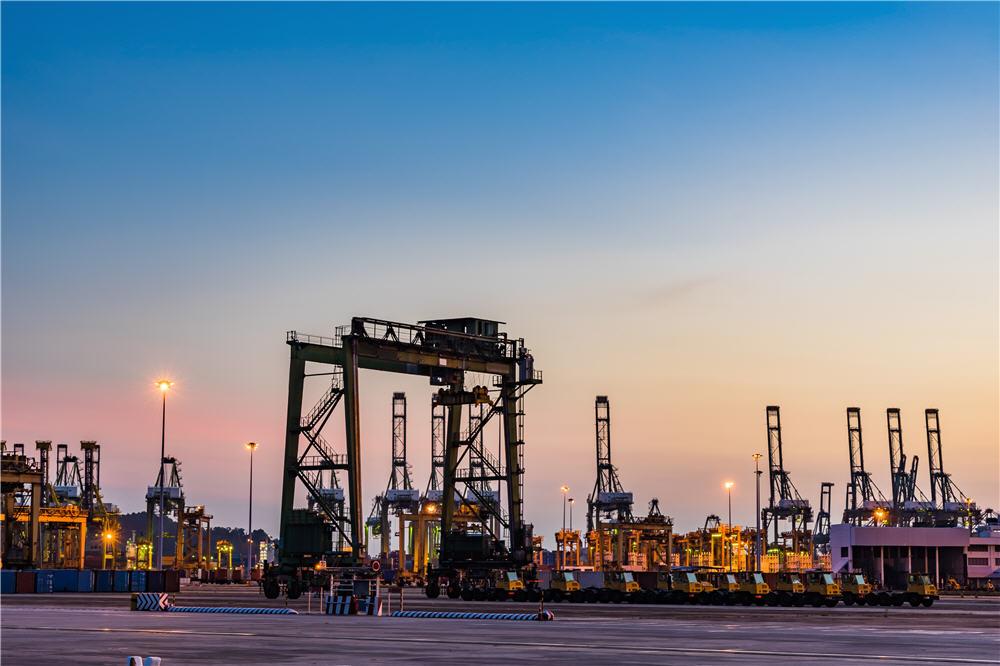Indonesia nickel miners urge end to export ban

Indonesia should allow exports of nickel ore to help offset the impact of the fall in exports of processed nickel caused by the coronavirus outbreak, the Indonesian nickel miners’ association (APNI) said in a document seen by Reuters.
Indonesia, once the world’s biggest nickel ore exporter, started banning exports of nickel ore in January as part of efforts to boost expansion of its domestic smelting industry.
Exports and local absorption of processed nickel have fallen by between 20% and 25% since the outbreak of the coronavirus
But as the coronavirus slowed production and exports of processed nickel, the APNI said a reversal of Indonesia’s nickel ore export ban could help the country to reduce the economic impact of the novel coronavirus.
“Relaxing of nickel ore exports will increase the foreign exchange earnings of the country,” the APNI said in the proposal sent to the Coordinating Ministry of Economic Affairs.
“Export duties for nickel ore can be increased and can be allocated directly to help with coronavirus in the country,” it added.
An official at the coordinating ministry of economic affairs did not immediately respond to a request for comment.
Exports and local absorption of processed nickel have fallen by between 20% and 25% since the outbreak of the coronavirus began late last year in China, Haykel Hubeis, secretary general of the Indonesian Smelter Company Association, told Reuters by telephone.
“Export destination countries for both nickel pig iron and ferronickel are currently experiencing problems related to the outbreak,” Hubeis said.
The coronavirus outbreak has disrupted supply chains globally.
In the world, it has infected more than 935,000 people and 46,906 have died, according to a Reuters tally.
In Indonesia, 1,790 cases have been reported and 170 deaths.
Indonesia’s president Joko Widodo declared a public health emergency and rolled out nearly $25 billion in spending to soften the economic impact.
(By Wilda Asmarini and Fathin Ungku; Editing by Barbara Lewis)
{{ commodity.name }}
{{ post.title }}
{{ post.date }}




Comments